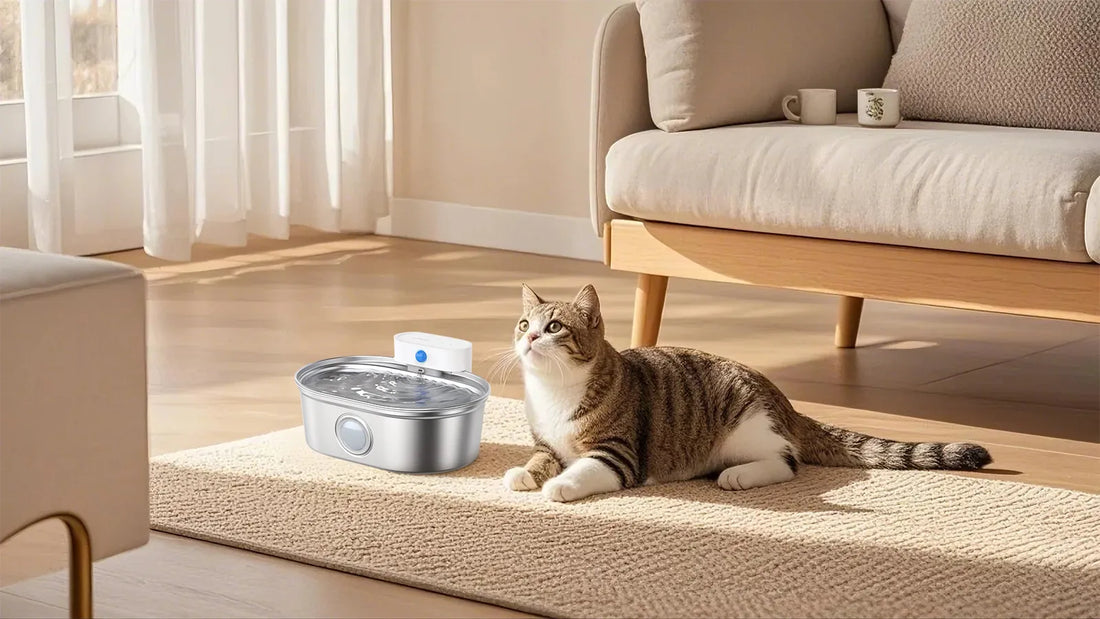Keeping your cat hydrated is one of the most important aspects of pet care. Cats are naturally inclined to drink less water, which can lead to health issues like urinary tract infections and kidney problems. If you're wondering how to make your cat drink water, you're not alone. This article provides actionable tips to encourage your feline friend to stay hydrated.
Why Hydration is Crucial for Cats
Cats have a low thirst drive compared to other animals. This trait stems from their ancestors, who primarily obtained moisture from their prey. Domestic cats, however, often rely on dry food, which contains only about 10% water. This makes it essential to ensure they drink enough water to maintain their health.
Signs Your Cat is Dehydrated
Recognizing dehydration in cats is the first step toward addressing the issue. Common signs include lethargy, dry gums, loss of appetite, and decreased skin elasticity. If you notice these symptoms, it's time to take action to make your cat drink water.
Tips to Encourage Your Cat to Drink Water
1. Provide Fresh Water Daily
Cats are picky about the quality of their water. Ensure you provide fresh, clean water every day. Stagnant or old water can deter them from drinking. Consider using a water fountain, as many cats prefer running water.
2. Use Multiple Water Bowls
Place water bowls in different locations around your home. This gives your cat easy access to water wherever they are. Make sure the bowls are wide and shallow, as cats dislike their whiskers touching the sides.
3. Experiment with Water Temperature
Some cats prefer cold water, while others like it at room temperature. Experiment to see what your cat prefers. Adding a few ice cubes can also make the water more appealing.
4. Incorporate Wet Food into Their Diet
Wet food contains a higher moisture content than dry food, helping to keep your cat hydrated. If your cat is reluctant to drink water, consider increasing the proportion of wet food in their diet.
5. Flavor the Water
Adding a small amount of tuna juice or chicken broth to the water can make it more enticing. Be sure to use low-sodium options and avoid ingredients that are harmful to cats.
6. Keep Water Bowls Away from Food and Litter Boxes
Cats are naturally averse to drinking water near their food or litter boxes. Place water bowls in quiet, clean areas to encourage them to drink.
7. Monitor Water Intake
Keep track of how much water your cat is drinking daily. This helps you identify any changes in their hydration habits and take timely action if needed.
When to Consult a Veterinarian
If your cat continues to show signs of dehydration despite your efforts, it's time to consult a veterinarian. They can rule out underlying health issues and provide tailored advice to make your cat drink water.
Hydration is vital for your cat's overall well-being. By implementing these tips, you can ensure your feline companion stays healthy and happy. Remember, a well-hydrated cat is a thriving cat!













